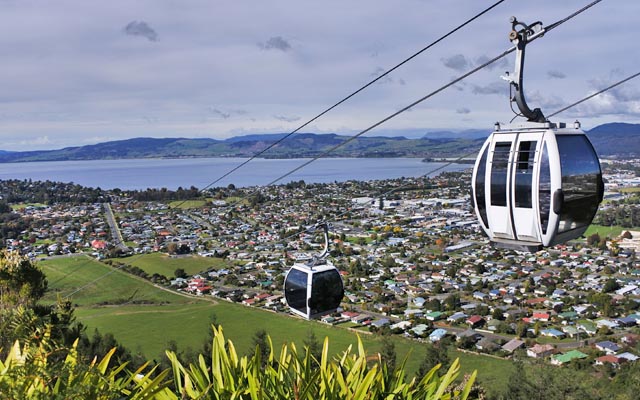An additional NZ$13.5 million (US$8.1 million) has been allocated to Tourism New Zealand (TNZ) as part of the government’s Tourism Boost package, with money being drawn from the International Visitor Conservation and Tourism Levy for 2024/25. This funding, announced in mid-April, will support increased destination marketing activities in key international source markets to materialise greater visitor arrivals and stronger tourism growth.
Marketing media, PR and travel trade partnerships in core markets – Australia, the US, and China – as well as mid-size markets including Germany, South Korea, and India, will be strengthened to support conversion from the consideration stage through to booking.

Focusing on the core markets presents a strong opportunity for growth, with these markets comprising over 60 per cent of international visitor arrivals.
Speaking at TRENZ 2025’s Tourism Briefing on May 7 in Rotorua, TNZ chief executive Rene de Monchy underscored the critical support the boosted fund would bring to travel trade engagements.
He said the travel trade “remains vital” in facilitating inbound travel to the destination, and noted that “so much of our bookings from around the world come through an intermediary of some kind”.
In an earlier statement, de Monchy said the enhanced Tourism Boost package will allow TNZ to “reach the highest number of people actively considering booking a visit to New Zealand”.
“Our visitor numbers are tracking well, but there is still room for growth and we know there are more people than ever considering a visit to New Zealand. We’re focused on reaching those people and encouraging them to book their trip here”, said de Monchy.
The NZ$13.5 million investment is expected to bring an additional 23,000 visitors to New Zealand and deliver over NZ$100 million in international visitor spending between July 2025 and March 2026.
Not only will destination New Zealand benefit from intensified marketing going forward, changes have also been made to the visa application process to reduce traveller friction. The immigration authority has agreed to lift the requirement for the certification of translated non-English supporting documents, with this change coming into effect on May 26.
This announcement was made the same morning by Louise Upston, New Zealand minister for tourism and hospitality.
Upston informed travel industry colleagues at the Tourism Briefing that the decision was in response to travel trade feedback on the time and cost barriers brought on by the translation certification requirement.
“While translations will still be required, applicants will only need to advise who translated, and the qualification and experience of the translator,” she said.











